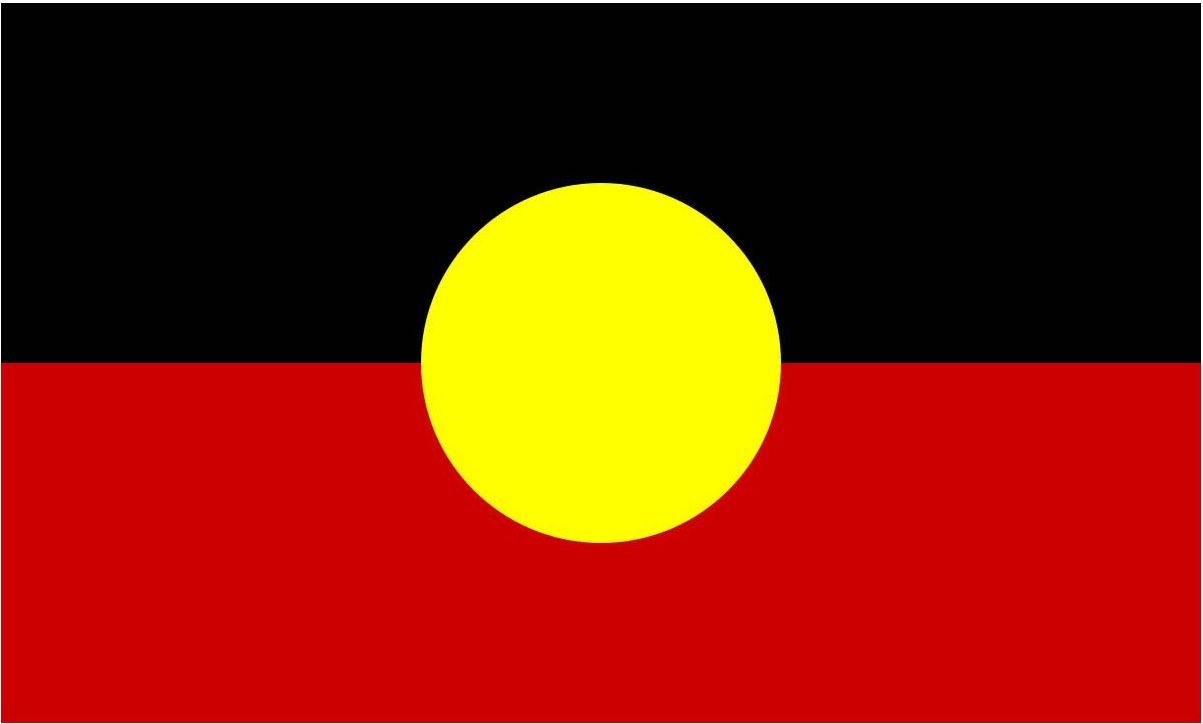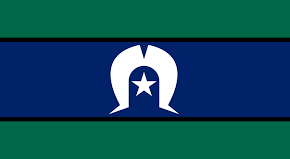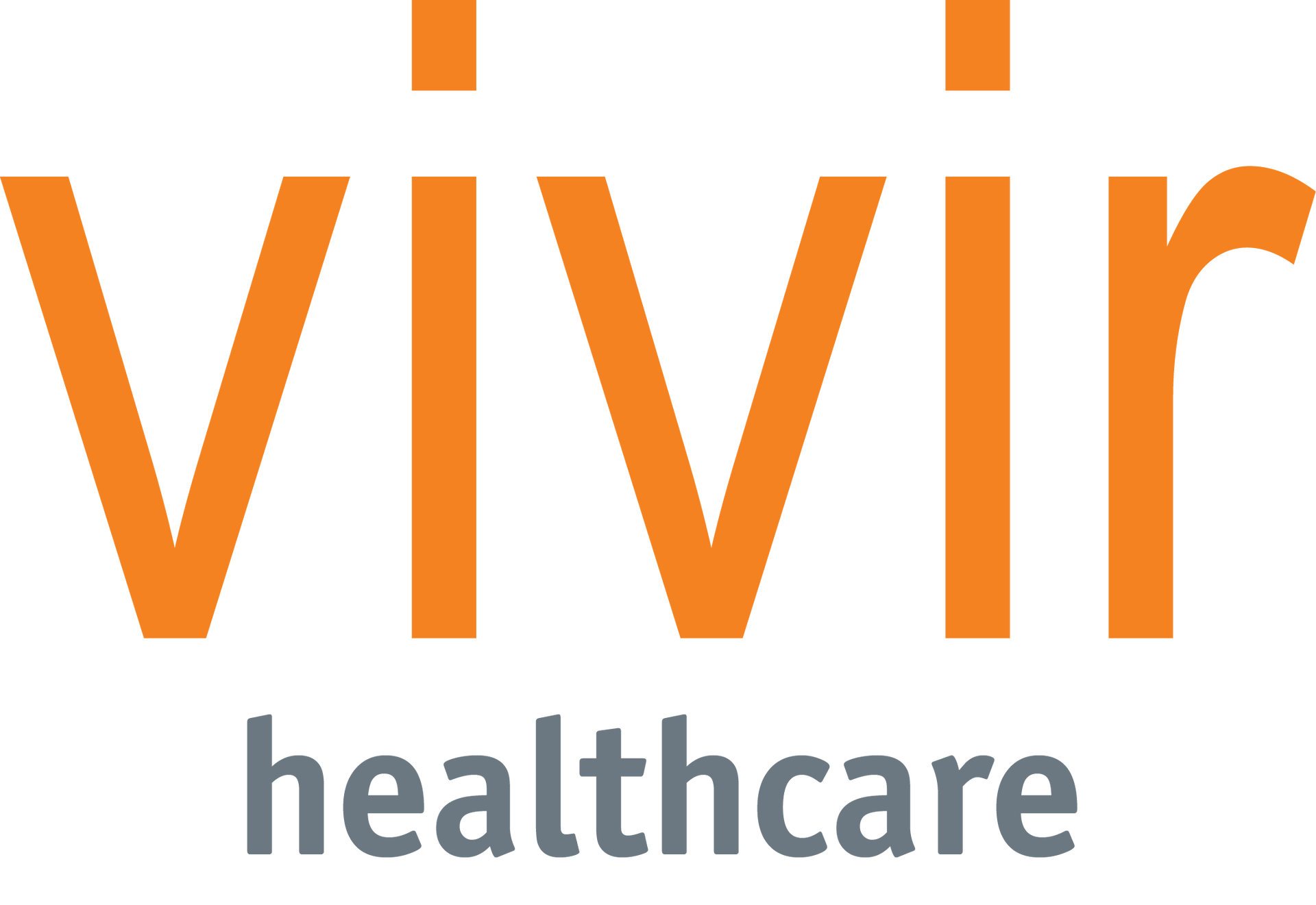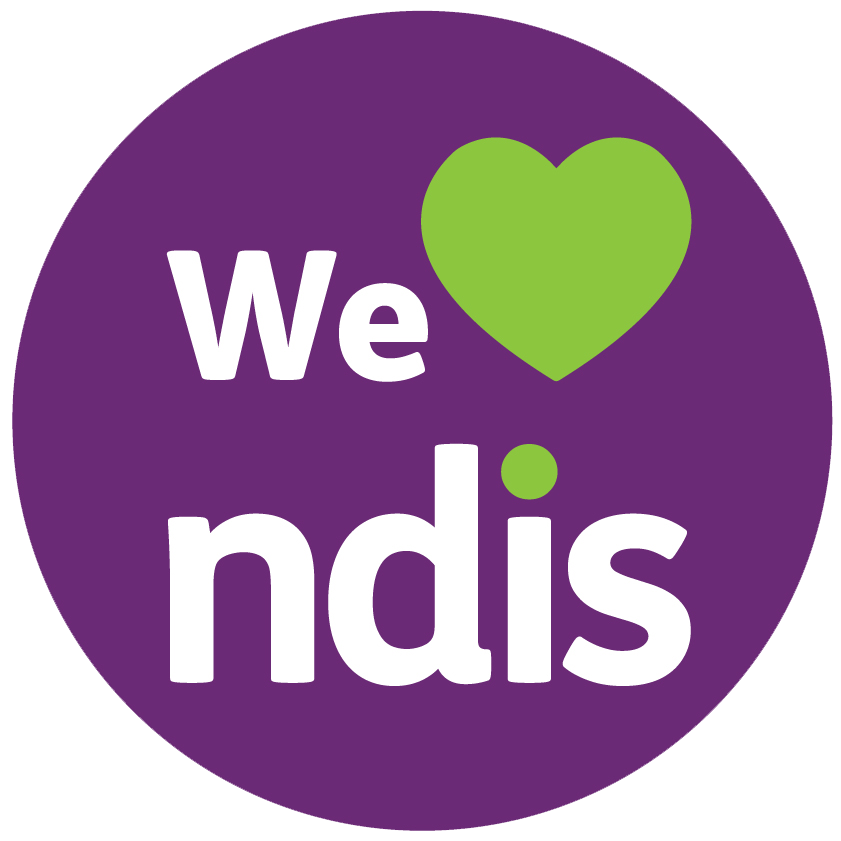Graduates: How to Apply for a Job in Healthcare
At Vivir Healthcare we provide opportunities for graduates to kick-start their career in allied health.
Graduates are left thinking: ‘With no experience in my profession, how do I complete a resume or a cover letter?’
How to Write a CV & Cover Letter with No Work Experience
In this article I will offer my expertise on what recruiters in the healthcare industry look for in a graduate’s CV and cover letter when they apply for their first job. So, let’s get started...
Should I bother writing a cover letter if I have no work experience?
Writing a cover letter gives you an opportunity to introduce yourself to a prospective employer. Your cover letter is a one-page document which outlines your motivation for applying and should focus on your key skills and, if possible, your experience.
Often, I am asked if recruiters/hiring managers read cover letters. On average a hiring manager will take 6 seconds when reading a cover letter. In my experience, it is a mixed bag, some recruiters/hiring managers want the starter and will take the time to read a cover letter, whilst others will skip straight to the main course and only want your resume. My advice would be to play it safe and develop a cover letter to cover all bases and ensure you are appealing to all.
If you are a healthcare graduate and currently do not hold any relevant work experience, don’t fret, you can still add your:
- Motivation and interest in the role
- Academic qualifications
- Registration or timelines for completion
- Any compliance checks which have already been obtained e.g. Police Check, First Aid etc.
- Any soft skills you maintain that would support you in the role
- Any future career aspirations which might be relevant to the role
- Finally, thanking the reader for taking time to view your application
What non-professional “experience” is still valuable in a CV?
After your contact details, the first thing I like to see on a resume is a personal statement or summary. This part of your resume allows you to introduce yourself, your experience and persuade the recruiter/hiring manager you are the best person for the role.
From my experience a short summary between 50-200 words is enough to highlight your career aspirations, skills and who you are. Soft skills (e.g. strong work ethic, having an empathetic personality, being a team player etc.) can be illustrated on your resume however I find demonstrating your passion to work in the health sector helping people get better is far more valuable. Furthermore, any voluntary experience within the care sector can be highly regarded.
What are the top things my industry looks for in an allied health graduates CV?
It may seem obvious, but your education is probably the most important aspect of your resume when applying for a role as a graduate. Highlighting your qualifications both academic and vocational is essential and valuable for applicants with minimal work experience.
The magic rule of listing your education is to detail where you have studied and the dates in chronological order. Many allied health providers, hospitals, and private practices value the clinical placements a student has completed during their degree. Therefore, it is important to list these on your resume as positions you have undertaken as previous experience. Demonstrating previous experience gives you a head start, especially if your placements are relevant to a role you are applying for.
Should I add references if I have no professional experience?
As a recruiter of many years, I have seen thousands of resumes with reference sections. Some resumes have no references and others have too many. My key piece of advice to graduates is to use a favourite educator or educators. You can also use older students you have shared classes with, a manager from the past, or family friend you have done some work for.
The key here is to only list two or three references and ensure they’re aware you have listed them on your resume, and that they may receive a call.
Looking for more employment advice? Get in touch with us today to discuss allied health opportunities in aged care.



